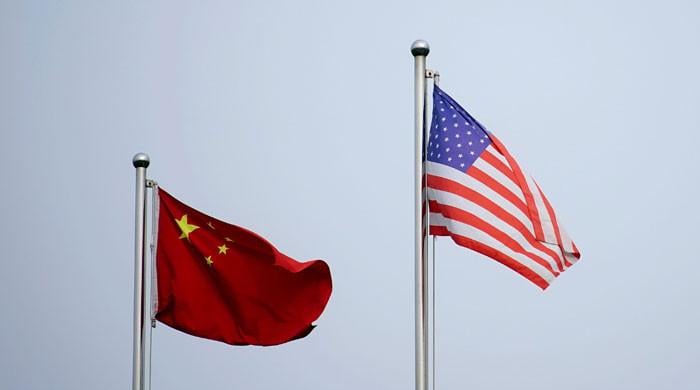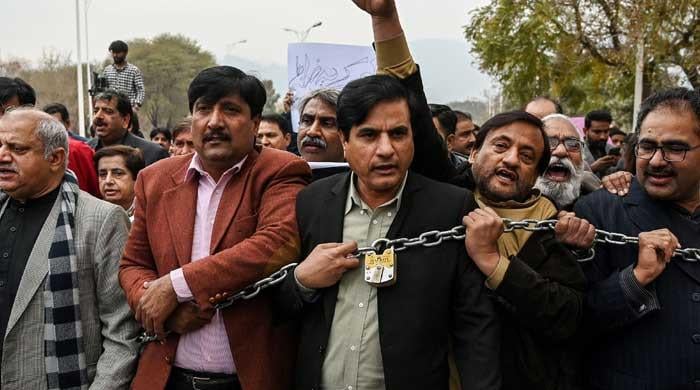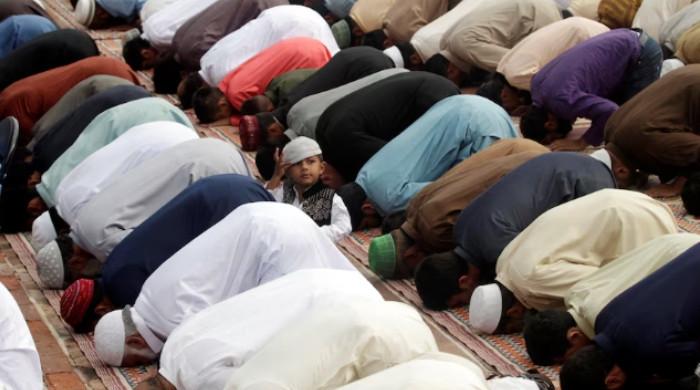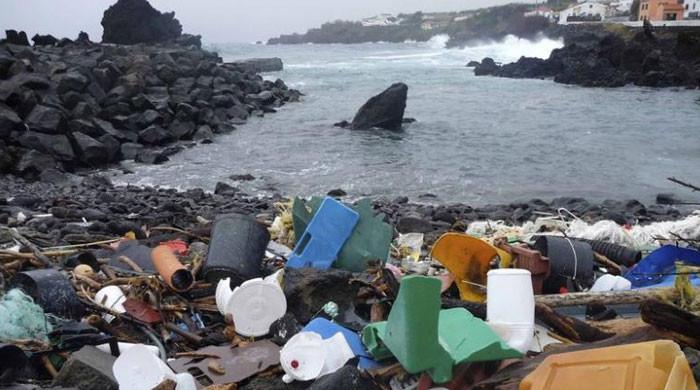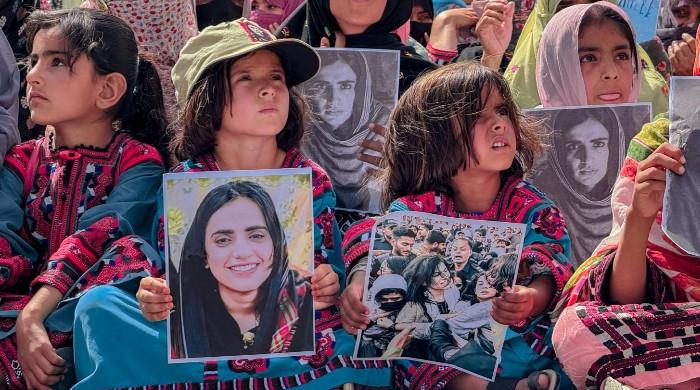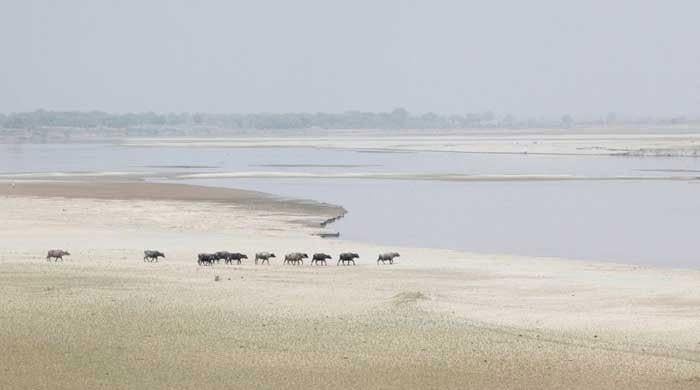A murderous mob and the international repercussions
Priyantha Kumara was tortured and then killed by a mob, who accused the Sri Lankan man of blasphemy
December 09, 2021
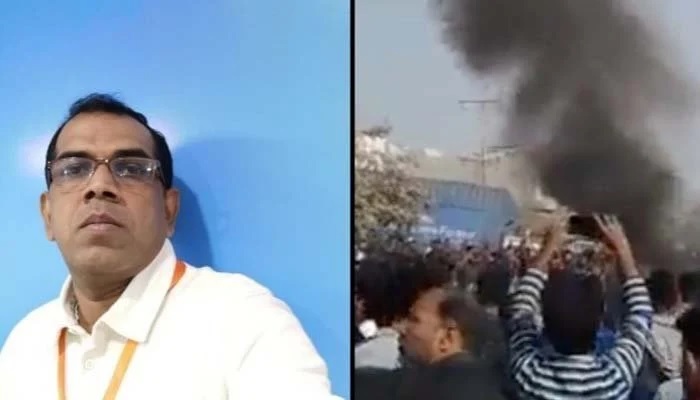
On November 3, Priyantha Kumara was tortured and then killed by a mob, who accused the Sri Lankan man of blasphemy. Once he had been set upon, Kumara’s body was burned on the streets for all to see.
In the twisted next chapter of the story, young men were seen taking selfies with the burning body in the background. One of these young men had a sticker on his phone saying, ‘Apna Time Aayega’ (‘Your Time Will Come’). Based on the swift arrests made by the Punjab police and the vindictive rhetoric, their brief time in the limelight has already led to the incarceration of some, and worse is likely to follow.
This is yet another example of how mobs in Pakistan have taken justice into their own hands in cases of alleged blasphemy. The brutal murder has been strongly condemned in no uncertain terms by Islamic scholars as well as the political leaders of the country. Many public figures and celebrities have taken to social media to express their disgust, which is an important reminder that Pakistan cannot be defined by these monsters who considered torture and murder to be proportionate responses to an accusation of blasphemy.
Let’s be clear, the consequences internationally for Pakistan are dire. Prime Minister Imran Khan, and other political leaders, have campaigned frequently on the international stage against Hindutva extremism in India as well as Islamophobia across Europe, especially in France. But what leg does he have to stand on if even a minority of his own people think justice is achieved by such abhorrent actions? After all, the barbaric urges of this mob are no different to those of the mobs who are killing Muslims in India, nor those of white supremacist mobs elsewhere.
Some across social media have responded to this atrocity by saying ‘but this is happening in India too.’ But this is an abdication of responsibility. Torture and extrajudicial murder cannot be justified in any context and actions have been taken to prevent it.
Many are discussing why this might have occurred. An important factor is certainly the recent u-turn the government took regarding the TLP, which had been designated a terrorist outfit and then later allowed to contest elections after their protests turned violent. The pardoning of the TLP was to embolden those who use violence as a means of getting what they want because the government bowed down to their pressure. As I have said elsewhere, this will negatively impact Pakistan’s diplomacy because the TLP had called for the expulsion of the French ambassador and the boycotting of French goods.
In this sense, it is significant that Kumara is not Pakistani but Sri Lankan. If Pakistan is to compete internationally, it has to be able to attract talent and be amenable to different nationalities and cultures. Without this basic ability to interact, foreign leaders of industry simply will not travel to Pakistan, never mind moving there. Kumara was managing a factory in Sialkot when he was accused of blasphemy as a result of removing posters from the wall. This, in the eyes of many non-Muslims, might not seem like a transgression of the country’s blasphemy laws.
Similarly to the prospects of Pakistan as an international hub, the country is lucky to have such a young population, but incidents such as these will be used to bolster those harmful stereotypes of young Muslim men as violent and vulnerable to indoctrination. Though they are only a minority, perceptions matter and stereotypes have long determined Western foreign policy for Islamic countries like Pakistan. The country may also be held back internally if the number of those who share the same vision of ‘justice’ continues to grow, because resorting to violence and extrajudicial killings will only hamper the development of society and cause further communal division.
However, one should not speculate too much until a thorough and impartial investigation has been undertaken. But the rights of minorities within an Islamic style of government are significant and they have an equal right to freedom and protection.
In cases such as this, the culpability of the crime must fall upon the individuals who perpetrated it and they must face justice. However, Pakistan’s administration has to understand the devastating consequences which can occur once they give power and impunity to those violent mobs who threaten the very stability of the country, nevermind its image internationally, whether it be the TLP or groups such as this.
Hunter is a researcher. She tweets @MaryFloraHunter.






